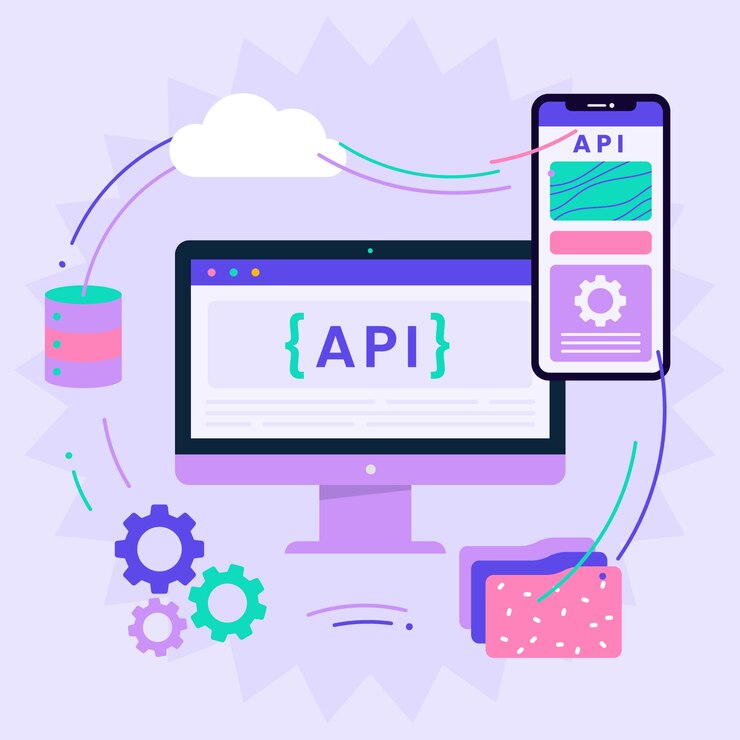Personalizing Customer Experiences with IP Address APIs

The competitive digital landscape demands businesses to offer personalized experiences that resonate with customers and set them apart from the competition. One of the most effective tools for personalizing customer interactions is using IP address APIs. By gathering location data from users’ IP addresses, businesses can offer tailored services, targeted content, and improved user experiences. In this article, we’ll explore how businesses can leverage IP address APIs to enhance customer experiences, improve engagement, and ultimately drive growth.
What Is an IP Address API?
An IP address API is a tool that provides information about a user based on their IP address. This includes details like the user’s approximate geographic location (country, city, state), internet service provider (ISP), and other relevant data. Businesses can utilize this data to customize their interactions with users, offering them content and services that are more relevant to their specific location.
For example, an IP address API can help a business identify whether a user is browsing from a specific country or region. This information can then be used to present content in the appropriate language, display region-specific products, or adjust prices to local currencies, improving the overall user experience.
How Does an IP Address API Work?
Every internet-connected device is assigned a unique IP address, which acts as a digital identifier. An IP address API retrieves this identifier and cross-references it with a database of known IP address ranges to determine a user’s location.
The get location from IP address API is one of the most popular services used by businesses to pinpoint the geographic position of their website visitors. This API can provide a variety of information, including:
- Country, city, and region
- Latitude and longitude
- Postal code
- ISP name
With this data, businesses can create targeted strategies to personalize customer experiences.
Personalizing User Experiences with IP Address Data
Personalization is key to customer satisfaction in the digital age. Here’s how businesses can leverage IP address APIs to craft tailored experiences for their audience:
1. Geotargeted Content Delivery
One of the most common uses of an IP address API is to offer location-based content. When a user visits a website, the business can use the get location from IP address API to determine where the user is browsing from. Based on this data, the website can display localized content, such as news, promotions, or language preferences.
For instance, a clothing retailer could showcase winter apparel to users in colder regions while highlighting summer collections to users in tropical locations. This approach makes the content more relevant to users, increasing the likelihood of engagement and conversions.
2. Currency and Pricing Localization
For e-commerce businesses, displaying products in the local currency can significantly improve the shopping experience. By using an IP address API, businesses can automatically detect the user’s location and adjust prices to their local currency.
This eliminates the confusion of currency conversion for the customer and creates a seamless shopping experience. Additionally, businesses can factor in regional tax and shipping costs to give customers an accurate price upfront, enhancing transparency and trust.
3. Tailored Advertising and Promotions
Businesses can take advantage of IP address APIs to deliver hyper-targeted advertisements and promotions. When a customer’s location is identified using a get location from IP address API, businesses can serve ads and offers that are specific to that region.
For example, a travel agency can offer destination-specific deals or discounts to users based on their geographical location. Similarly, a restaurant chain can promote menu items and offers tailored to the user’s city, increasing the relevance and effectiveness of the advertising campaigns.
4. Location-Based Recommendations
Using data from an IP address API, businesses can offer location-based product or service recommendations. Streaming services like Netflix and Spotify, for example, use this technology to recommend region-specific content that resonates with local tastes and preferences.
An online food delivery service can suggest popular restaurants near the user’s location, and e-commerce platforms can recommend products based on local trends. These personalized recommendations foster a more engaging and satisfying customer experience.
5. Security and Fraud Prevention
Another important application of IP address APIs is in enhancing security and fraud prevention. By analyzing the geographic location of users, businesses can identify suspicious activities, such as login attempts from unexpected locations. This allows companies to flag or block fraudulent transactions before they occur.
For example, a financial institution might use a get location from IP address API to verify whether a customer is attempting to log in from a known device and region. If a login attempt is made from a country different from the customer’s usual location, the system can trigger additional authentication measures to ensure account security.
6. Optimizing Delivery Logistics
For businesses involved in physical product delivery, IP address APIs can be used to optimize logistics. By identifying the location of a customer, companies can streamline delivery processes, assign the nearest warehouse, and provide accurate shipping estimates.
This not only enhances the customer experience by reducing shipping times and costs but also helps businesses manage their resources more efficiently.
7. Enhancing Customer Support
IP address data can also improve customer support interactions. When a customer contacts support, having access to their location data allows agents to offer more relevant solutions. For example, they can recommend local service centers or provide location-specific troubleshooting tips.
Additionally, businesses can use IP data to automatically route customers to the most appropriate support team, ensuring faster and more personalized assistance.
Conclusion
As businesses continue to prioritize personalized customer experiences, IP address APIs have become invaluable tools. By leveraging data from a get location from IP address API, companies can deliver tailored content, localized pricing, targeted advertising, and enhanced security measures. Personalization not only improves customer satisfaction but also drives engagement, loyalty, and business growth.
Whether you’re an e-commerce business looking to optimize pricing or a streaming platform aiming to enhance content recommendations, incorporating an IP address API into your customer experience strategy can help you stand out in a competitive market. With the ability to understand where your users are coming from, businesses can take personalization to the next level, offering experiences that are relevant, timely, and tailored to the needs of each individual customer.








